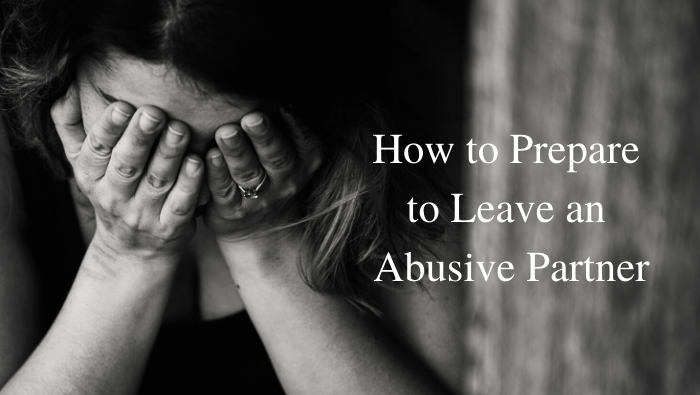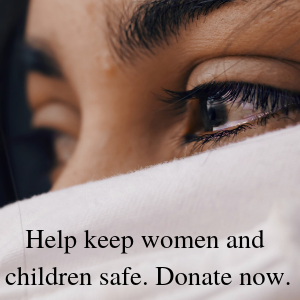If you need someone to talk to or would like to make a plan to leave the abusive situation you are living in, you can call our 24-Hour Crisis Line: 1-800-267-7946 or (613) 257-5960 or TTY: (613) 257-1952.
Alternatively, if you do not live in Lanark County, you can call an emergency domestic violence shelter by calling 211, or by Google searching “DOMESTIC VIOLENCE SHELTERS CONTACT”. Also, Shelter Safe has a list of shelters across Canada. When you call our shelter or another, if the shelter is fully occupied, the shelter staff can give you the phone numbers of other shelters.
Remember, to keep yourself safe while exploring ways to leave:
- Clear your “search history” from your computer or phone (Google search “How to clear history from xxxx” – making it specific to your internet browser and phone)
- Delete the phone number from your call log after you have called a shelter
- You can keep the shelter phone number under a different safe name or in the “Notes” section of a Contact Person that is already in your phone
- Turn your “Location Setting” OFF for your Social Media, Email Accounts, on your phone and laptop, and any other electronics, or children’s electronics
As part of your preparation, pack an emergency bag ahead of time if you can and leave it with a friend, counselor, or family member that will not tell your abuser!
In your emergency bag you could bring:
- Medication: yours and any your children need, as well as a first aid kit
- Important phone numbers like your doctor, dentist, lawyer, witnesses
- Identification: Social Insurance Numbers, OHIP cards, driver’s licence, car ownership, school records and diplomas, medical and dental records, passports, birth certificates, marriage and divorce certificates, will, lease, property deeds, Old Age Security, Immigration Papers
- Documentation: Abuser’s last pay stub (if you can), Income tax papers, custody orders, pictures, restraining order, insurance papers, diplomas, asset documents, safety deposit box info and keys
- Possessions: prized possessions, clothing for self and children, keys and extra sets, winter cloths and outdoor wear
- Children’s items: stroller, favorite toy, car seats, blankets, diapers, bottle, crib, blankets and pillows
- Food, cigarettes
***If you are leaving following an incident that led to the police being called, you can ask the police to stay while you pack***
When you leave for the shelter:
- Call staff ahead of time and plan
- Plan a route with shelter staff, or preset on phone
- Set your map to the shelter on your phone
- Call the shelter if you will be late
- Be careful using credit cards, interact if your abuser has access to it’s information
- Have a mechanic check your car before you travel long distances
- Have your phone fully charged and a car phone charger ready
- Have chocolate and food available while you drive
- Drive extra carefully and let staff know if you are unable to drive at any point
Very important: Have your children with you when you leave!
Once you’re arrived at the shelter, you need realistic expectations and a willingness to let them help you. They can’t fix everything but they will listen and give you options for how you can proceed.
Here’s what you’re likely to encounter upon arrival:
- Call the shelter or ring the doorbell to let them know you have arrived
- You will be welcomed by a counselor
- You may have to fill intake forms
- Medication may be kept in the office for the safety of other’s at the shelter
- Other women and children may be at the shelter
- Men are not allowed on property
- Childcare may not be provided in the shelter, but staff can help you research options for childcare and schools
- Staff are trained to help you and your children cope, you can always ask for help
- Some women may have male children living there that are up to 18 years old, whom are also victims and healing
- Staff are trained to work with you through this process
- They will give you a tour of the shelter
- You do not have to share any personal information with any other resident
- Staff is there to support you if you don’t know how to approach a resident about a situation
- Women’s groups and workshops may be available and requested
- There may be a weekly resident meeting and grocery list made at that time
- Staff may assign light chores to residents, in a fare manner based on abilities
- Staff may be able to help you arrange transportation to and from appointments
There is usually staff available 24/7 if you need to talk. Don’t hesitate to ask for support. The staff are there for you. The more information you give staff about the abuse and the abusers habits, your plans and the how and where the abuser could cause problems, safety concerns, or areas in which you need help, the more staff can assist you in properly protecting yourself and your children but you don’t have to share until you are ready. Also, if staff know of an agency in the community that can help you more specifically, they can refer you to them. You can ask staff to be present when you call to book the appointment.
Remember that staff are there to assist you and want to work with you.
Not sure if what you’re experiencing is “abuse”? There are many types of abuse and most of them are not physical. Learn more about the nine types of abuse here.
Thanks to one of our volunteers for writing this blog post. LCIHCS wouldn’t be able to support as many women as we do without the commitment of volunteers. You can learn more about joining our volunteer team here.


